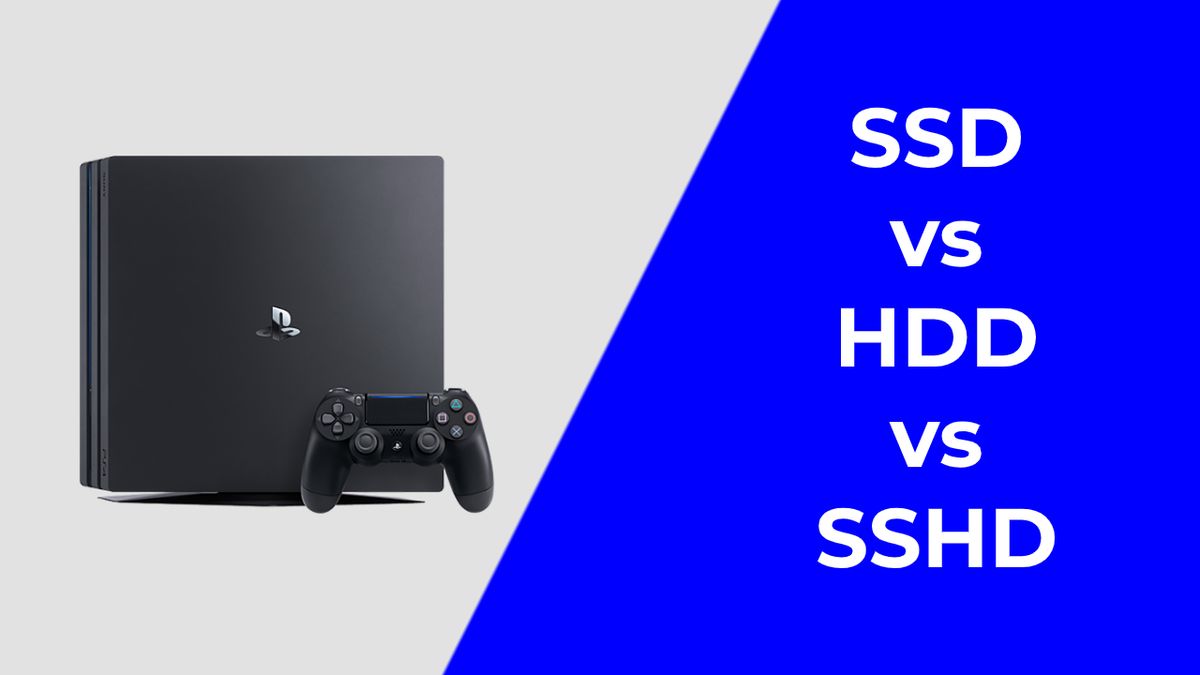In today’s digital age, storage options have evolved significantly, offering different benefits and drawbacks. When it comes to choosing between SSD, HDD, or SSHD, there are a few factors to consider. SSDs, or solid-state drives, provide the highest overall performance, with faster speeds and increased reliability.
However, they are more expensive and offer limited storage capacity compared to traditional hard disk drives (HDDs). On the other hand, SSHDs, or solid-state hybrid drives, offer a middle-ground option, utilizing intelligent caching to improve performance, especially for frequently accessed data. They provide a larger storage capacity compared to SSDs, but may not match the level of performance. Depending on your requirements and budget, determining the best storage option requires careful consideration. SSD is the best storage option overall, providing high performance, but if you require a larger storage capacity at a lower cost, SSHD may be a suitable choice. SSDs offer faster speeds and reliability compared to HDDs, but they can be more expensive.
Understanding SSD, HDD, And SSHD
SSDs, HDDs, and SSHDs all have their own advantages and disadvantages when it comes to storage options.
SSDs, or solid-state drives, are known for their speed and reliability. They use flash memory to store data, resulting in faster boot times and improved overall system performance. However, they are also more expensive than traditional hard drives and have limited storage capacity in comparison.
HDDs, or hard disk drives, are generally slower than SSDs but offer larger storage capacities at a lower price. They are a good option if you need a larger amount of storage but can tolerate slower boot and load times.
SSHDs, or solid-state hybrid drives, combine the benefits of both SSDs and HDDs. They use a small amount of solid-state storage for frequently accessed data and a larger hard disk drive for additional storage. This allows for improved performance over HDDs but at a lower cost compared to SSDs.
Ultimately, the choice between SSDs, HDDs, and SSHDs depends on your specific needs and budget. If you prioritize speed and performance, SSDs are the best option. If you need a larger storage capacity at a lower cost, HDDs might be more suitable. SSHDs offer a middle-ground option with improved performance over HDDs. Consider your requirements and budget before making a decision.

Credit: www.businessresearchinsights.com
Comparison Of SSD, HDD, And SSHD
SSHD, SSD, and HDD are three storage options, each with its own advantages. SSDs offer high performance and fast boot and load times, but they are more expensive. HDDs provide larger storage capacity at a lower price but are slower.
SSHDs are a middle-ground option, leveraging intelligent caching for improved performance, especially for frequently accessed data.
| Performance: The clear winner for performance is SSD (Solid State Drive). SSDs have no moving parts, which allows for faster read and write speeds compared to traditional HDDs (Hard Disk Drives) and SSHDs (Solid State Hybrid Drives). The lack of mechanical components also makes SSDs more durable and resistant to shock and vibrations, resulting in improved reliability. However, it’s important to note that SSHDs offer improved performance over HDDs, especially for frequently accessed data. |
| Storage Capacity: If you’re looking for the largest amount of storage, HDDs are your best option. While SSDs have become more affordable and their storage capacity has increased, they are still more expensive on a per-GB basis compared to traditional hard drives. SSHDs provide a middle-ground option, combining the storage capacity of an HDD with some of the performance benefits of an SSD. However, they are still limited in terms of storage capacity when compared to HDDs. |
| Cost: When it comes to cost, HDDs are the most budget-friendly option. They offer larger storage capacities at lower prices compared to SSDs and SSHDs. Although SSDs have become more affordable in recent years, they are still more expensive per gigabyte of storage. SSHDs fall in between HDDs and SSDs in terms of cost. Therefore, your storage choice will largely depend on your budget and storage needs. |
Choosing The Best Storage Option
Choosing the best storage option for your needs requires considering several factors. Performance is a key consideration, with SSDs offering the highest overall performance, followed by SSHDs and then HDDs. SSDs are the fastest and most reliable but may have lower storage capacities and higher costs compared to HDDs. SSHDs, however, provide a middle-ground option with intelligent caching for improved performance, especially for frequently accessed data. HDDs are generally slower, especially when it comes to booting up and accessing data.
Another consideration is storage capacity. While SSDs offer faster performance, they are limited in terms of their storage capacity, which can be a constraint for some applications. HDDs, on the other hand, offer larger storage capacities at a lower price point, making them suitable for those needing more storage space.
Finally, cost is an important factor to consider. SSDs are generally more expensive compared to HDDs and SSHDs, but their performance benefits may outweigh the higher price for certain use cases. HDDs are the most affordable option for those on a tight budget.
It’s important to consider your specific use case when deciding between SSDs, HDDs, and SSHDs. SSDs are ideal for tasks requiring high-speed access to data, while SSHDs offer a balance between performance and storage capacity. HDDs are suitable for those needing large storage capacities at a lower cost.
Conclusion
To determine the best storage option among SSD, HDD, or SSHD, it’s important to consider your specific needs. While SSDs offer high overall performance, they come with a higher price tag and limited storage capacity. On the other hand, HDDs are slower but provide larger storage capacity at a lower cost.
SSHDs, as a middle-ground option, provide improved performance through intelligent caching. Ultimately, the choice depends on whether you prioritize speed, storage capacity, or cost-effectiveness. Consider your requirements and budget to make an informed decision.

